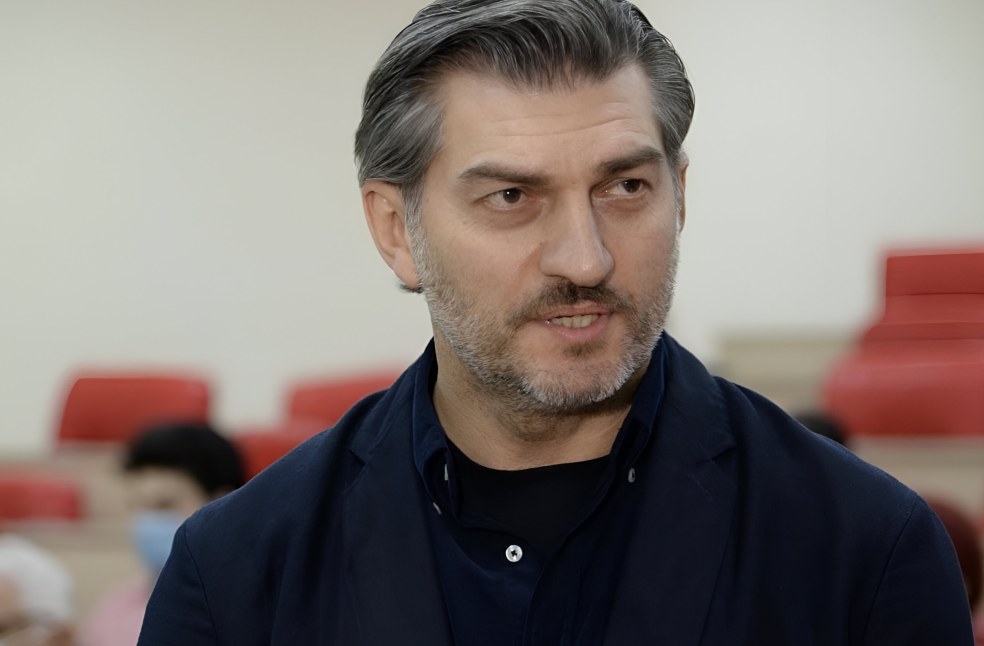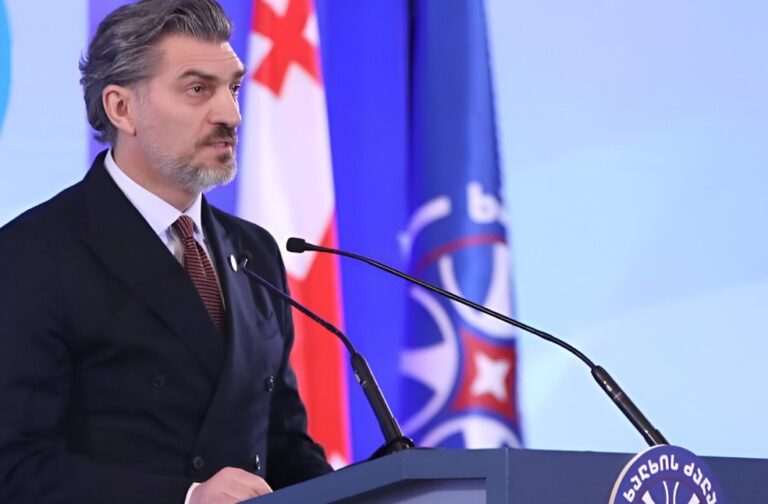Georgia: Demonstrations are sweeping through Georgia’s towns and cities as parliament prepares to appoint former Manchester City footballer Mikheil Kavelashvili as president. The controversial decision comes after weeks of pro-EU protests flashed by the government’s decision to delay EU accession talks until 2028.
Kavelashvili, 53, is a former MP from the ruling Georgian Dream party, widely criticised for its authoritarian shift. Kavelashvili is the sole candidate for the presidency, a move boycotted by the country’s four main opposition groups, who claim the October elections were equipped. Outgoing President Salome Zourabichvili has condemned the process, calling it a “travesty” and demanding she represents the country’s last legitimate institution.
Protesters gathered outside parliament, with larger protests planned later in the day. For weeks, the main avenue in Tbilisi has been filled nightly with Georgians carrying EU flags and ordering fresh elections. Prime Minister Irakli Kobakhidze has accused Zourabichvili of harming national interests, stating she will quit after her term ends on December 29. Georgian Dream party member Nino Tsilosani claimed the president “is no longer recognized by the public.”
Kavelashvili, founder of the People’s Power party, is known for his anti-Western rhetoric and has accused opposition groups of being foreign-funded “fifth column” agents. His party, which formerly aligned with Georgian Dream, now claims to act as a “healthy opposition” in parliament.
The protests, which reignited on November 28, have drawn support from a wide range of professionals, including IT specialists, public sector workers, and actors. The lawyer Davit Kikaleishvili stated that, “We are here to support the constitution and human rights.”

The EU and US have criticised Georgia for democratic backsliding, with the US State Department setting visa restrictions on officials accused of abuses. Over 460 protesters have been imprisoned in the past two weeks, with Transparency International alleging over 300 cases of torture or ill-treatment, including attacks on journalists.
Activists have called for sanctions on key government officials and Georgian Dream founder Bidzina Ivanishvili, accused of steering the country closer to Russia’s sphere of power. The EU is expected to discuss further measures against the government.
Despite a heavy police presence, pop-up protests continued in Tbilisi, with theatre workers chanting that, “The police are everywhere, justice is nowhere.” Two protesters even scaled a construction crane, waving a Georgian flag as crowds cheered below. As parliament’s electoral college schedules to cast its votes, the decision is expected to spark an escalation in the ongoing anti-government protests.



